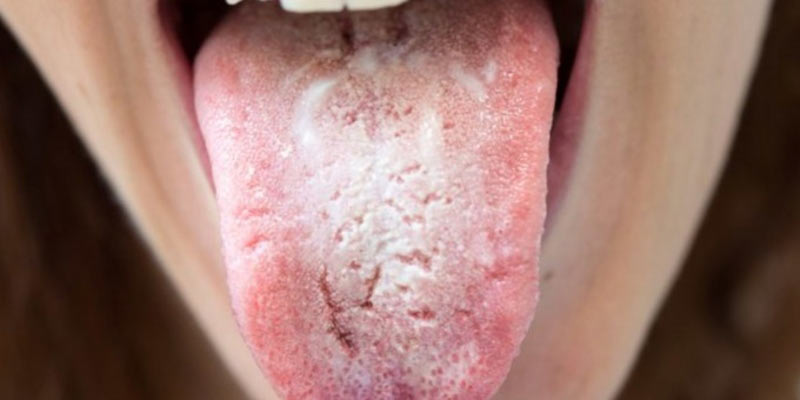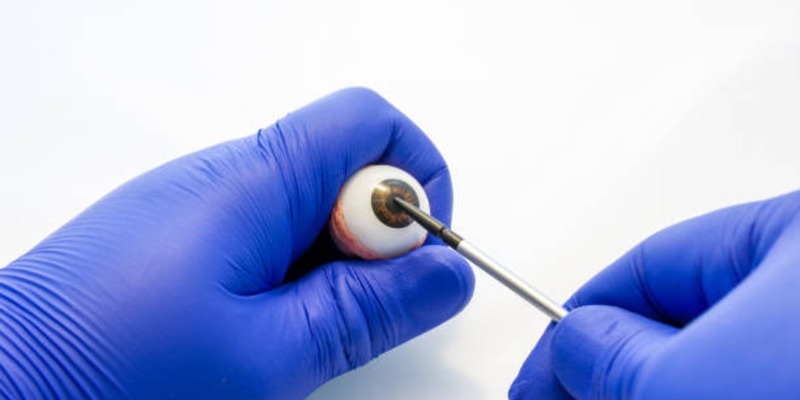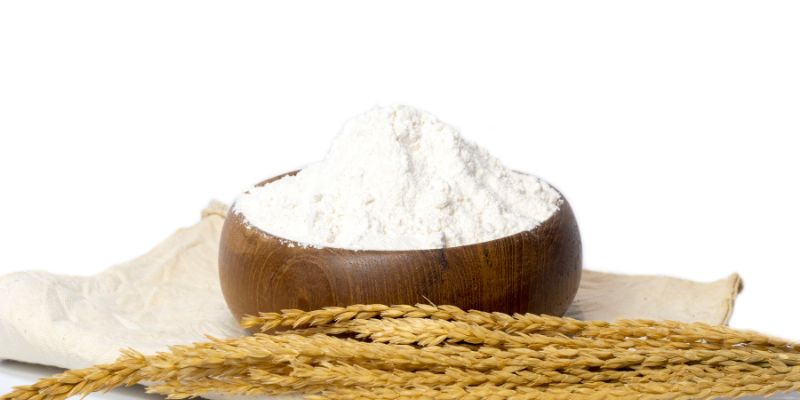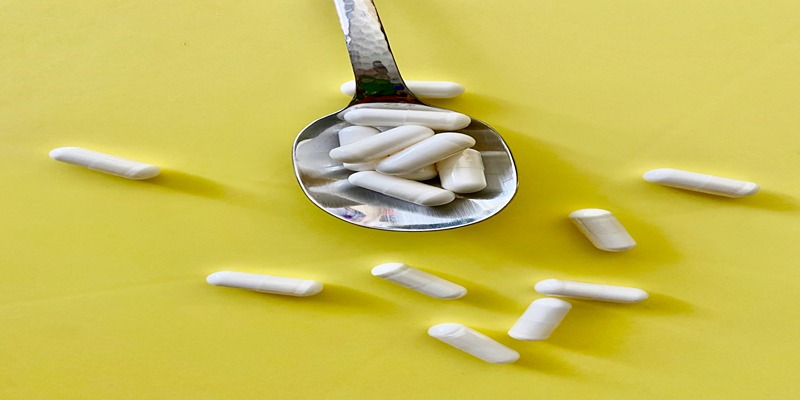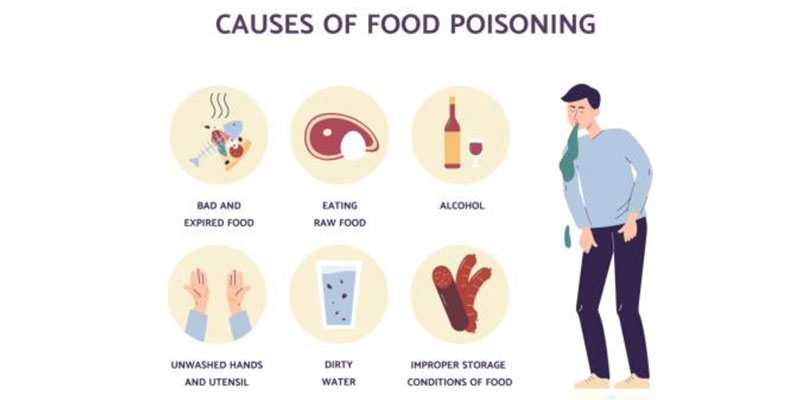Step by Step Guide to Detoxify Your Liver
Nov 17, 2023 By Madison Evans
As an organ with numerous functions, the liver is an essential component of the human body. It facilitates the digestion of food, eliminates noxious substances, and regulates the metabolic rate. Liver stress can be induced by various factors, including inadequate dietary selections, psychological strain, and environmental contaminant exposure. The potential for contaminants to accumulate could reduce its effectiveness. It is vital that the liver be detoxified. It entails incorporating routines that aid in the purification and rejuvenation of this vital organ. Participating in this activity improves hepatic functionality and overall health. The liver must be detoxified in order to produce an enhanced state of health, which is distinguished by improved digestion, increased vitality, and a robust immune system. Acknowledging the importance of liver detoxification constitutes a proactive measure in the pursuit of prolonging and enriching one's life.

Understanding the Need for Liver Detoxification
Proficient understanding of the symptoms associated with liver disease facilitates prompt intervention. Fatigue, an unanticipated increase in body mass, and gastrointestinal distress are frequent symptoms. For example, pruritus and jaundice could potentially indicate hepatic dysfunction. In addition, frequent migraines and mood fluctuations constitute a further warning sign. These symptoms serve as an indication that the liver is unable to regulate contaminants effectively.
Neglecting to heed these cautionary notices could potentially result in severe physiological complications. Failure to provide adequate liver care for an extended period of time may lead to the onset of complications such as fatty liver disease or cirrhosis. These diseases have far-reaching health implications due to their impairment of hepatic function. An example of a condition that could potentially affect hormone levels, the immune system, and the body's ability to absorb nutrients is a liver impairment. This may lead to the development of chronic fatigue, compromised immune function, and a general decline in health.
Additionally, an overburdened liver hinders the body's ability to detoxify. As a consequence, pollutants accumulate and exacerbate preexisting health conditions. Therefore, it is critical to recognize the signs of hepatic toxicity and act expeditiously. In order to shield the liver from these severe repercussions and preserve its health, regular detoxification is recommended. By placing hepatic health as a top priority, we make a substantial contribution to our general welfare.
Pre-Detox Preparation: Steps for Effective Cleansing
Before initiating a liver detoxification regimen, it is imperative to undertake adequate preparation. To achieve this goal, it is imperative that individuals deliberately alter their dietary patterns. Reduce your consumption of processed foods, added sweeteners, and saturated fats as a preliminary step. Potentially causing hepatic duress. On the contrary, consume fresh produce, lean meats, and vegetables. These nutrients promote hepatic functionality and aid in contaminant elimination.
Beneficial would be the incorporation of hepatoprotective foods like garlic, leafy greens, and beets. They augment the detoxification function of the liver. It is impossible to exaggerate the significance of consuming water. It aids in the elimination of refuse materials.
Alterations to one's way of living are of equal importance. Yoga and meditation, among other beneficial practices, facilitate tension reduction and relaxation. Adequate sleep is imperative for the restoration and healing of the body. It is imperative to refrain from the consumption of intoxicating beverages and the use of tobacco products, as doing so places excessive burden on the liver. In order to optimize the efficacy of a liver cleanse, it is recommended that specific modifications be made to one's dietary and lifestyle patterns.
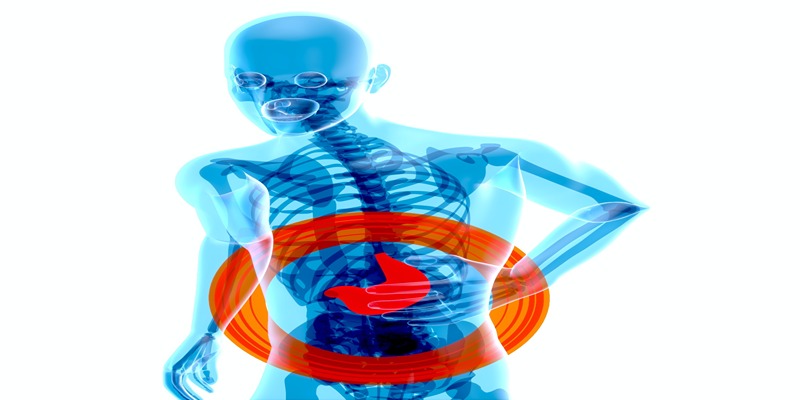
Comprehensive Guide to Liver Cleanse
Selection of Natural Detoxifiers
Toxins must be eliminated from the liver in order to function properly. Detoxifying nutrients abound in nature, including citrus, grapefruit, and green tea. They consist of components that augment the hepatic capacity for detoxification of detrimental substances. Simply substituting morning green tea for afternoon coffee will incorporate them into your diet.
Kale, Brussels sprouts, and broccoli are all cruciferous vegetables, which offer a multitude of health benefits. The glucosinolates present in these substances promote the process of toxin elimination from the organism. By integrating a varied assortment of these vegetables into one's dietary regimen, one will acquire a comprehensive supply of detoxifying constituents.
Turmeric is an additional noteworthy constituent. Curcumin is the primary constituent of this substance and is widely recognized for its antioxidant and anti-inflammatory attributes. It promotes the maintenance and rejuvenation of hepatic cells.
Hydration and Its Role
Adequate water intake serves as the foundational pillar of all detoxification protocols. Adequate water consumption may strengthen the endogenous detoxification mechanisms of the liver. Sufficient hydration promotes optimal digestion and facilitates the efficient removal of debris from the body. Herbal infusions, including those derived from milk thistle and dandelion, possess hydrating attributes and offer liver benefits. For millennia, these botanicals have been utilized for their hepatoprotective and detoxifying properties.
Maintaining a consistent intake of sufficient fluids throughout the day is of utmost importance. Regular consumption of this substance facilitates the liver's detoxification and performance of its functions.
Physical Activities and Their Impact on Liver Health
Hepatic health is substantially improved by incorporating regular exercise into one's lifestyle. One potential method of improving liver health is to participate in a daily regimen of 30 minutes of moderate physical activity, including activities like vigorous walking, cycling, or swimming. By improving blood circulation, these actions support the liver's detoxification processes. By lowering the risk of fatty liver disease, a condition frequently associated with excessive body fat, they aid in weight management.
Strength training ought to be given precedence, particularly in comparison to aerobic exercise. It promotes the development of muscle tissue, thereby stimulating the metabolism. An increased metabolic rate facilitates the liver's enhanced speed and efficacy in the processing of toxins. Yoga and Pilates each benefit the liver in the same way that they improve flexibility and abdominal strength. They contribute to tension reduction, thereby improving liver health.
Consistent physical activity optimizes the performance of the body's intrinsic detoxification systems. Engaging in physical activities improves both blood circulation and metabolism, thereby supplying the liver with the essential support required for optimal functioning. To maintain optimal liver function and overall physical well-being, an unwavering commitment to a regular exercise routine is essential.
Conclusion
Upholding optimal liver function is a critical determinant in attaining an extended and robust lifespan. This all-encompassing manual offers pragmatic approaches to liver detoxification that are effective, with an emphasis on physical activity, nutrition, and lifestyle. By integrating these techniques into your daily regimen, you can enhance your overall health, with particular attention to the condition of your liver. It is essential to recognize that the liver is an exceptionally important organ. A healthy liver requires regular detoxification, in addition to the consumption of a well-balanced diet, adequate water intake, and consistent physical activity. It is possible that incorporating these practices into one's daily regimen could yield beneficial effects on the liver and overall health.
